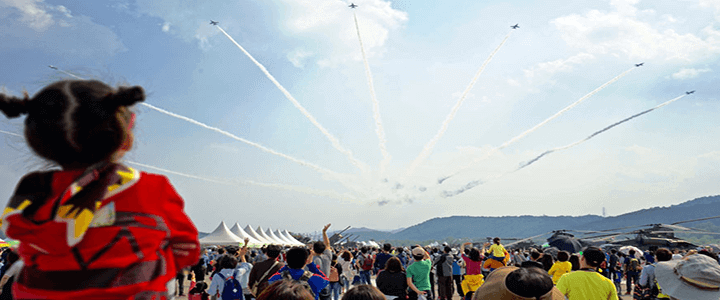Skepticism, even cynicism, are warranted when dealing with rogue nations. Trust, but verify, as Reagan said. But there’s a possibility that we’re letting our cynicism get the better of us. So if anyone tells you they know what’s coming next in the rapid-fire developments surrounding the impending U.S.-North Korea summit, don’t believe them.
Many, myself included, said Kim Jong-un won’t put his nukes on the table. Then he did. “Experts” said the Trump administration wouldn’t be capable of doing the hard preparation work to make the summit successful. Then we learned that President Trump sent CIA Director and Secretary of State nominee Mike Pompeo to Pyongyang to meet with Kim Jong-un to do just that. They said that Kim wouldn’t agree to denuclearization without an end to the U.S.-Korean military alliance. But he has dropped that demand.
The DPRK has continued to surprise at every turn, beginning with the relational thaw just before the Winter Olympics in February. Since the Olympics and the initial offer to talk, Kim has offered to “denuclearize the Korean Peninsula,” and promised not to make noise about the annual U.S.-Korean military exercises. The “good cop-bad cop” routine played by Trump and South Korean President Moon Jae-in seems to be leading things in the right direction.
Even the tut-tutting over different definitions of what “denuclearization” means seems to be misplaced. The analysts I’ve spoken to agree that the U.S. does not maintain any nuclear weapons in Korea itself. If they’re right, there’s little to be lost from promising not to launch a nuclear attack from South Korea, or from allowing the DPRK to see for itself that there are no nukes there. Even the most ardent supporters of maintaining a nuclear capability would agree that there is value in reducing tensions between nuclear-armed powers.
Kim’s most recent announcement that along with suspending his nuclear program and missile testing, he will shut down the nuclear testing site at Punggye-ri, is the least encouraging thing he’s said.
Less than a month ago, Taro Kono the Japanese foreign minister, was warning that the DPRK was still tunneling there. The analysts at the 38 North website reported “significant” tunneling work in January, but more recently said that work had slowed — also describing the slowdown as “significant.”
That by itself means little. The slowdown could simply mean that they’re done digging the newest tunnel. Should negotiations fail, or should North Korea find a pretext — real or imagined — to end them early, it would need little preparation to detonate another of its dozen or so existing warheads and resume the saber-rattling.
Others have suggested that the site suffers from “tired mountain syndrome,” a condition where the mountain itself is weakened from the massive stress of repeated nuclear detonations. This would mean that shutting down the site would have come regardless of the outcome of negotiations.
There’s lots not to trust when it comes the North Korean offers of peace and denuclearization, most notably the fact that they used past agreements to ease sanctions while continuing their nuclear program covertly.
The one thing everyone seems to agree on is that Kim Jong-un’s main motivation is to remain in power. The suggestion that talks could result in a peace treaty to finalize the 1953 armistice that stopped the fighting in Korea further supports this idea. No one has really explored the idea that the North Korean plan all along was to develop nuclear weapons, and the missiles to deliver them, simply to have something to bargain away in exchange for making the status quo permanent.
It’s an idea that deserves more examination. Everyone has been so preoccupied with trying to figure out the North Koreans’ real motivation, that we may all have missed the possibility that the true goal of their entire program was not to give themselves a deterrent capability, but to possess the one thing that they knew would prove irresistible for the rest of the world.
There is merit to the idea of a permanently divided Korea. We’ve lived with a divided Korea since the end of the Second World War when the U.S. and the Soviet Union divided the country along the 38th Parallel. The division of Korea has lasted longer than the division of Germany and Vietnam. If the Korean people on both sides of the DMZ are willing to exchange peace for permanent partition, then so be it.
The result would be that the residents of Seoul would no longer be living in the shadow of North Korean artillery, life in North Korea would improve due to eased sanctions, and the U.S. could reduce its military footprint in Korea — although there is still the question of Chinese ambitions to address.
So let the talks continue. Trust, but verify. If things don’t work out, we’re really no worse off than we were at this time last year.



